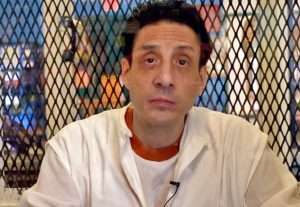The state of Texas’ attorney general announced on Thursday that Endo International Plc has agreed to pay $63 million to settle claims by the state and municipal governments that the drugmaker contributed to the US opioid epidemic.
Endo has reached a series of settlements with state and local governments in recent months to address similar complaints, the latest of which was disclosed by Texas Attorney General Ken Paxton.
Also read: US Supreme Court to hear Biden administration’s vaccine mandate cases
More than 3,400 lawsuits have been filed across the US, mostly by state and municipal governments, accusing the Dublin-based corporation of contributing to the drug abuse issue by deceptively marketing pain prescriptions like Opana ER, which it no longer distributes.
“This settlement is a necessary step in the right direction, and we will continue to fight to heal our state from this devastating crisis,” Paxton said in a statement.
Also read: A look at high-profile cases over killings by US police
Endo refused to concede any wrongdoing. It stated that while its goal is to reach a worldwide opioid settlement, it is also looking into “strategic options.” The Texas agreement includes provisions for a possible Endo bankruptcy.
Thousands of lawsuits have been filed in an attempt to hold drugmakers, distributors, and pharmacies liable for a drug abuse pandemic that the US government claims has resulted in hundreds of thousands of overdose deaths over the last two decades.
Drug distributors McKesson Corp, AmerisourceBergen Corp, and Cardinal Health Inc, as well as manufacturer Johnson & Johnson, are attempting to conclude proposed settlements worth up to $26 billion.
Also read: US lawmaker planning to introduce cryptocurrency bill in 2022
Endo is not included in the planned $26 billion deal, although it has previously agreed to pay more than $136 million to settle claims brought by states or counties in Alabama, Louisiana, New York, Ohio, Oklahoma, and Tennessee.
Following a trial in November, a California judge held Endo and three other drugmakers not responsible in a $50 billion lawsuit filed by six large counties accusing them of driving the opioid epidemic, saying they failed to prove their case.






